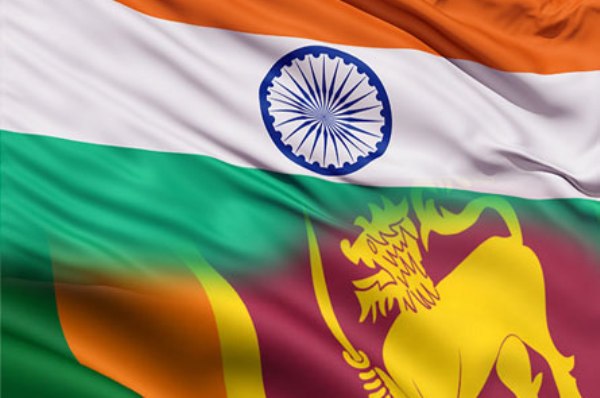Sri-Lanka-India relations have reached a “high point”, according to Sri Lankan foreign minister G L Peiris, who was in Delhi earlier this week. It is true that the tensions of the past do seem to have dissipated to a great extent. Colombo appears more welcoming of collaborations with India than it has been seen to in the past, especially during Rajapaksa governments.
Its economic crisis, which has led to dire shortages of essential commodities, fuel and medicines may have been a turning point in this respect. Colombo had appealed to several friendly countries for help, including India. In doing so, it also finally delivered on the Trincomalee storage tanks deal that had been held up for nearly two decades. Delhi’s financial assistance was timely. So great is the bonhomie that Sri Lanka is now talking about a closer integration of the Indian and Sri Lankan economies with more Indian investment in several sectors including ports, power, energy and tourism. In keeping with its policy since the turn of the century of supplying non-lethal military hardware, also under discussion is a proposal for Sri Lanka’s procurement of two Dornier aircraft, which will likely be deployed for maritime surveillance. India had earlier given offshore patrol vessels to the Sri Lankan coast guard. It will also help Sri Lanka launch a digital identity project along the lines of Aadhaar.
What remains troubling, however, is the continued reluctance of President Gotabaya Rajapaksa to engage with the Sri Lankan Tamil polity. He has not met Tamil parliamentarians even once since he was voted to office in November 2019. On the other hand, the government says a new draft Constitution written by a “committee of experts” could be submitted to Parliament soon. There is understandable concern in the Tamil political leadership about its contents given recent centralising tendencies, and voices demanding the abolition of the only provision that speaks of devolution of political power, namely the 13th amendment, introduced during the Indian intervention in 1987. The Sri Lankan foreign minister has said that the rivalry between Indian and Sri Lankan fishermen in the Palk Strait was the only “flashpoint” in India-Sri Lanka ties, Colombo’s foot dragging on a political settlement of the Tamil question has its own impact. A letter from Tamil parliamentarians to Prime Minister Narendra Modi seeking his intervention in the implementation of the 13th amendment, but also highlighting that provision was insufficient by the standards of “co-operative federalism” that he spoke about during his visit to Colombo, captures some of the anxiety. The upcoming United Nations Human Rights Council session may shed some light on the view from Delhi.


